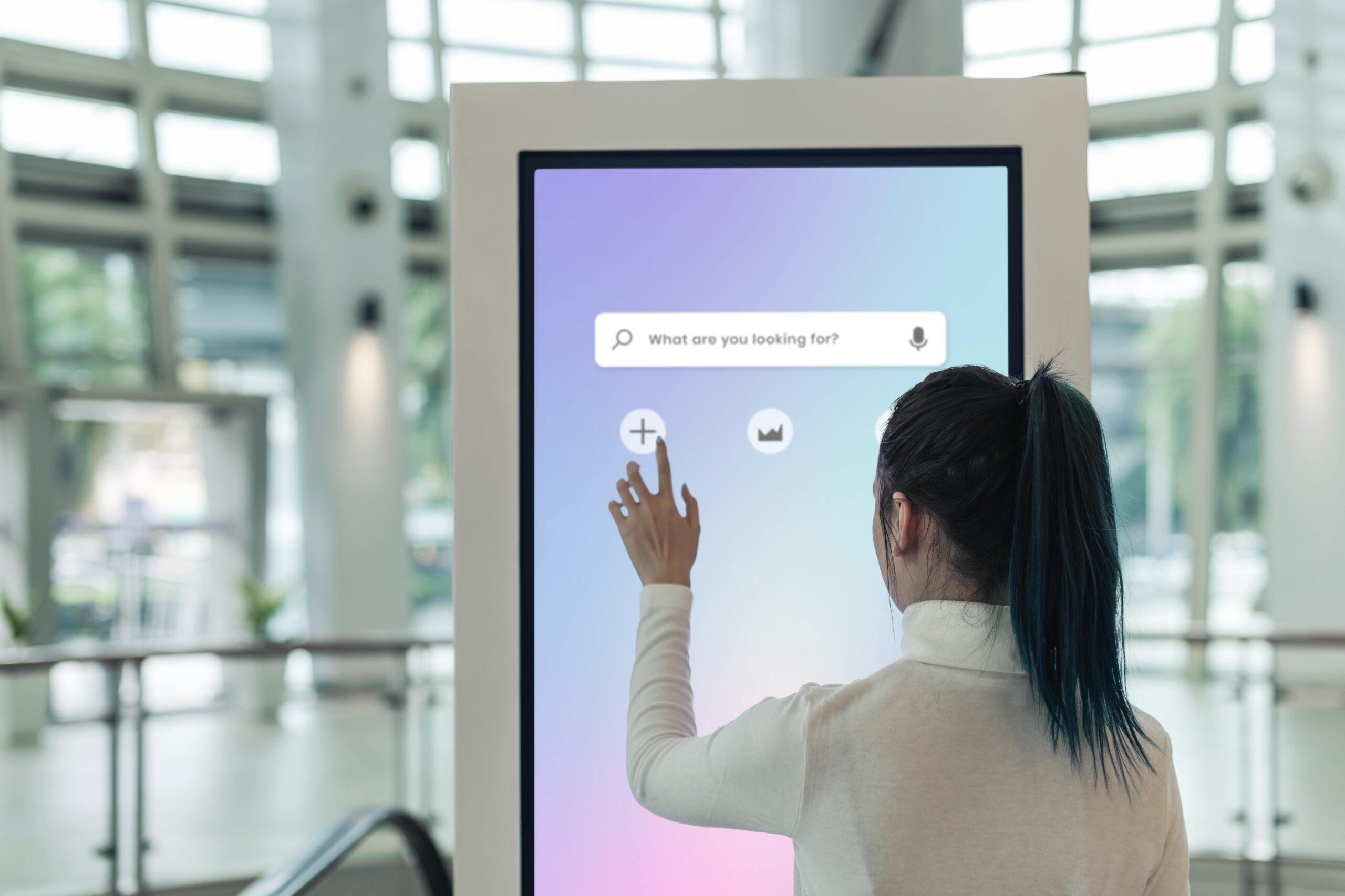
- Digitos DM
- June 20, 2024
- 12 months ago
Best Digital Signage CMS to Use Right Now
In the digital age, where visuals dominate the communication landscape, digital signage has become an indispensable tool for businesses, schools, and public spaces. But what makes digital signage truly effective? The answer lies in the Content Management System (CMS) that powers it. Let’s dive into what makes a CMS crucial for digital signage and explore the best options available today.
Understanding CMS for Digital Signage
Definition and Functionality
A Content Management System (CMS) for digital signage is software that allows users to create, manage, and deploy content across digital displays. Whether it’s in a retail store, a corporate office, or a public transportation hub, a CMS facilitates the seamless delivery of engaging content to your audience.
Key Features to Look For
When choosing a CMS for digital signage, consider features such as:
- Ease of Use: A user-friendly interface is essential.
- Content Scheduling: Ability to schedule content in advance.
- Remote Management: Control your displays from anywhere.
- Analytics: Track the performance of your content.
- Integration: Compatibility with other systems and tools.
Top CMS Options for Digital Signage
Overview of Leading CMS Providers
The market is brimming with CMS options, each offering unique features. Let’s explore some of the top contenders and see how they stack up against each other.
Comparative Analysis
To determine the best CMS, we’ll compare the leading providers based on criteria such as user-friendliness, scalability, integration capabilities, cost-effectiveness, and support.
Criteria for Choosing the Best CMS
User-Friendliness
A CMS should be intuitive, allowing users of all skill levels to navigate and manage content without extensive training.
Scalability
As your digital signage needs grow, your CMS should scale with you, accommodating more displays and more complex content.
Integration Capabilities
The best CMS will seamlessly integrate with your existing systems, such as POS systems, social media feeds, and data analytics tools.
Cost-Effectiveness
While it’s tempting to go for the cheapest option, consider the value offered. Sometimes, a slightly higher investment yields significantly better features and support.
Support and Community
Reliable customer support and an active user community can be lifesavers when you encounter issues or need advice.
Advanced Features in Modern CMS for Digital Signage
Interactive Content Management
Modern CMS platforms support interactive content, enhancing audience engagement through touchscreens and interactive elements.
Real-Time Updates and Data Integration
The ability to update content in real-time and integrate data feeds ensures your signage is always current and relevant.
Cloud-Based Solutions
Cloud-based CMS platforms offer flexibility, allowing you to manage content from anywhere with an internet connection.
Best Practices for Implementing a Digital Signage CMS
Planning and Strategy
Start with a clear plan. Identify your goals, target audience, and key messages. A strategic approach ensures your content is effective and engaging.
Content Creation and Scheduling
Create compelling content that resonates with your audience. Use the CMS scheduling features to ensure your content is timely and relevant.
Monitoring and Maintenance
Regularly monitor your displays and update content as needed. Use analytics to measure performance and make data-driven adjustments.
Conclusion
Choosing the right CMS for your digital signage is crucial to delivering engaging and effective content. While ScreenCloud, Yodeck, NoviSign, Rise Vision, and Enplug each have their strengths, the best choice depends on your specific needs and budget. Consider factors like ease of use, scalability, integration capabilities, cost, and support to make an informed decision.
FAQs
1. What is a Content Management System (CMS) for digital signage?
A Content Management System (CMS) for digital signage is software that enables users to create, manage, and deploy content across digital displays. It simplifies the process of keeping content updated and engaging, allowing remote control and scheduling of media.
2. Why is a CMS important for digital signage?
A CMS is crucial for digital signage because it streamlines the content management process, ensuring timely updates, consistency across multiple screens, and the ability to schedule content in advance. It also provides analytics to track performance and optimize content strategies.
3. What features should I look for in a CMS for digital signage?
Key features to look for include ease of use, content scheduling, remote management capabilities, integration with other systems (like social media or POS), analytics, and scalability to grow with your needs.
4. How do I choose the best CMS for my digital signage needs?
To choose the best CMS, consider factors such as your budget, the scale of your deployment, the level of support you need, and the specific features required. Compare options based on user reviews, demos, and feature sets to find the best fit.
5. Can I use a free CMS for digital signage, and what are the limitations?
Yes, you can use a free CMS for digital signage, but these often come with limitations such as fewer features, limited support, and scalability issues. Evaluate whether these limitations align with your needs before opting for a free solution.


